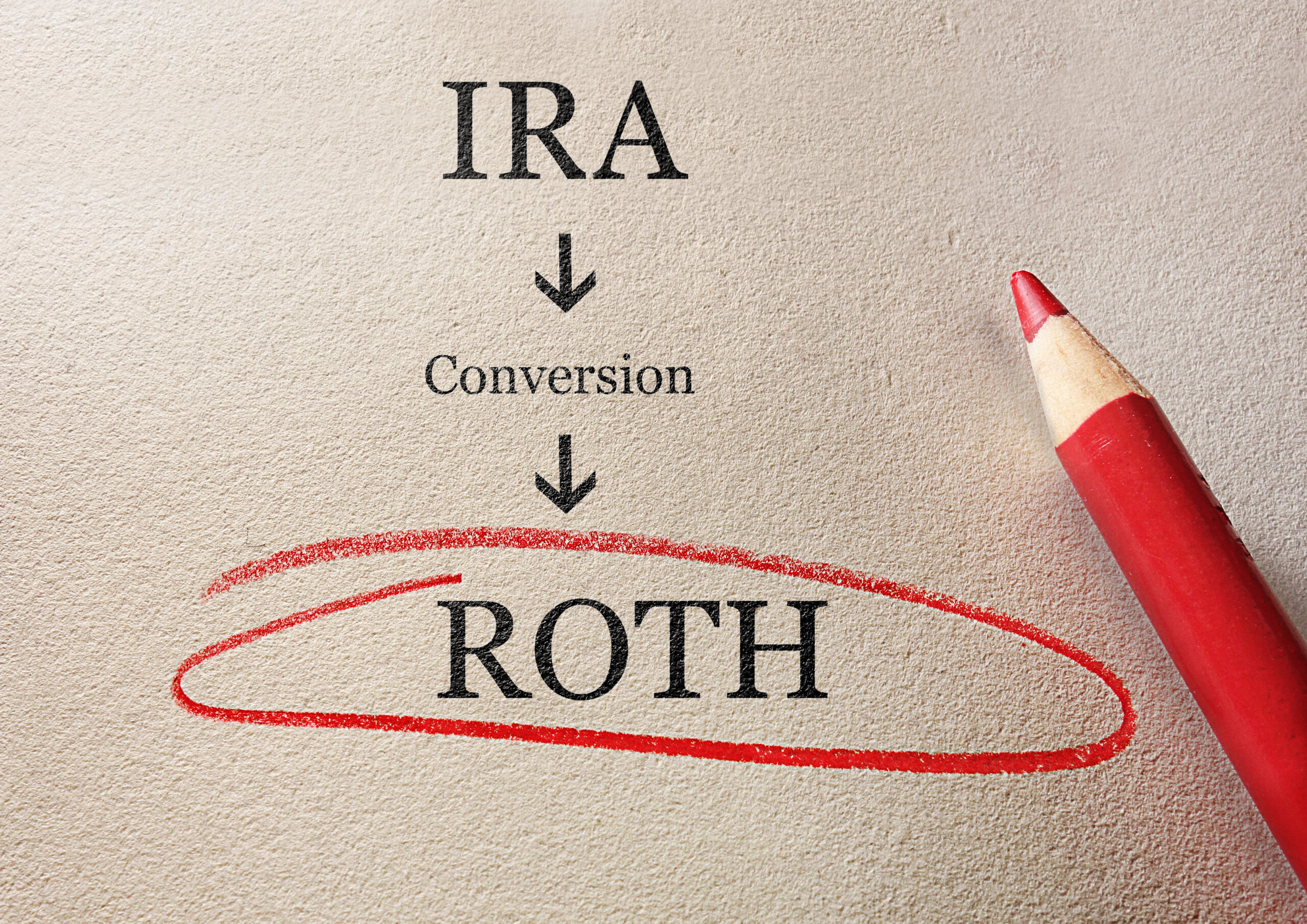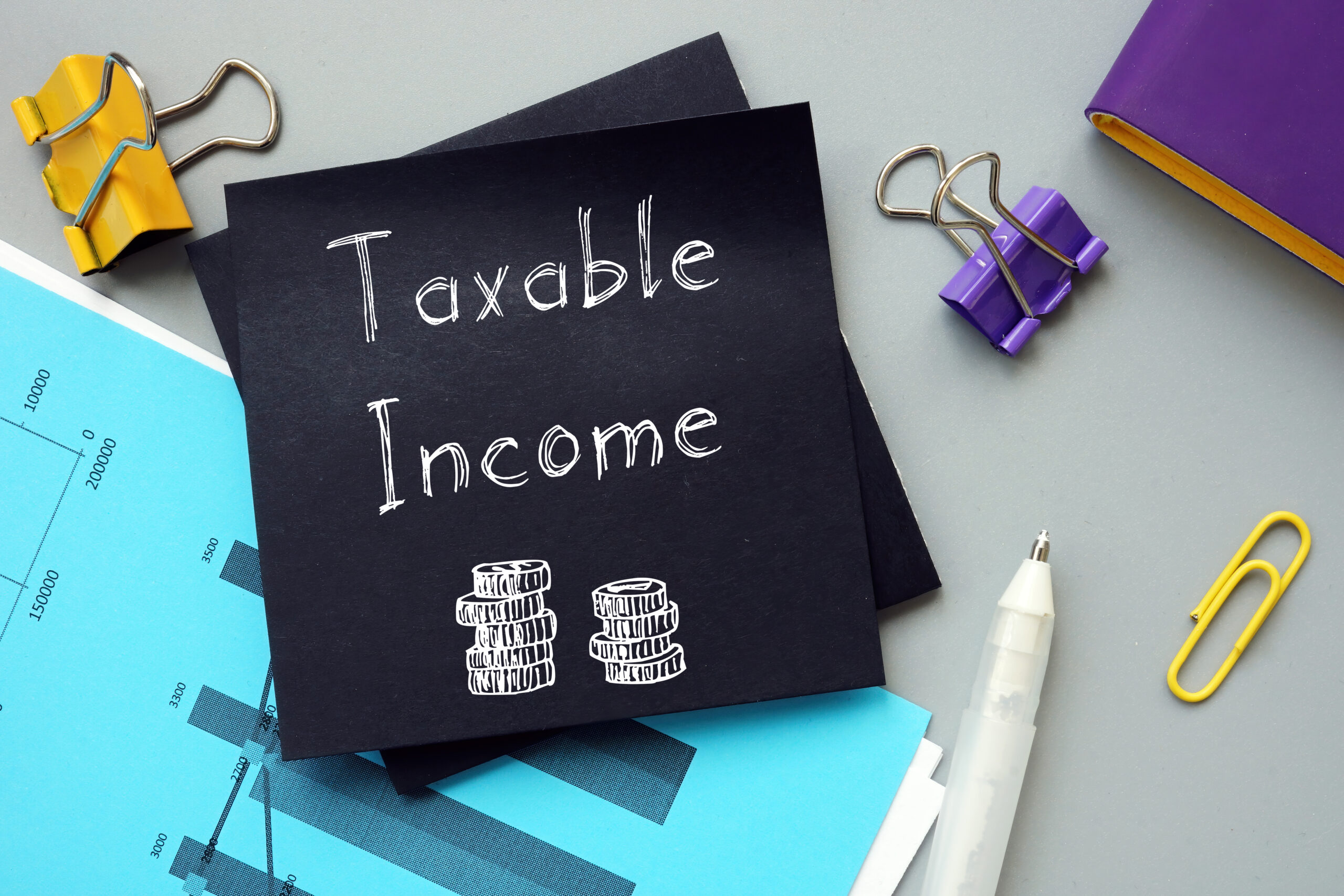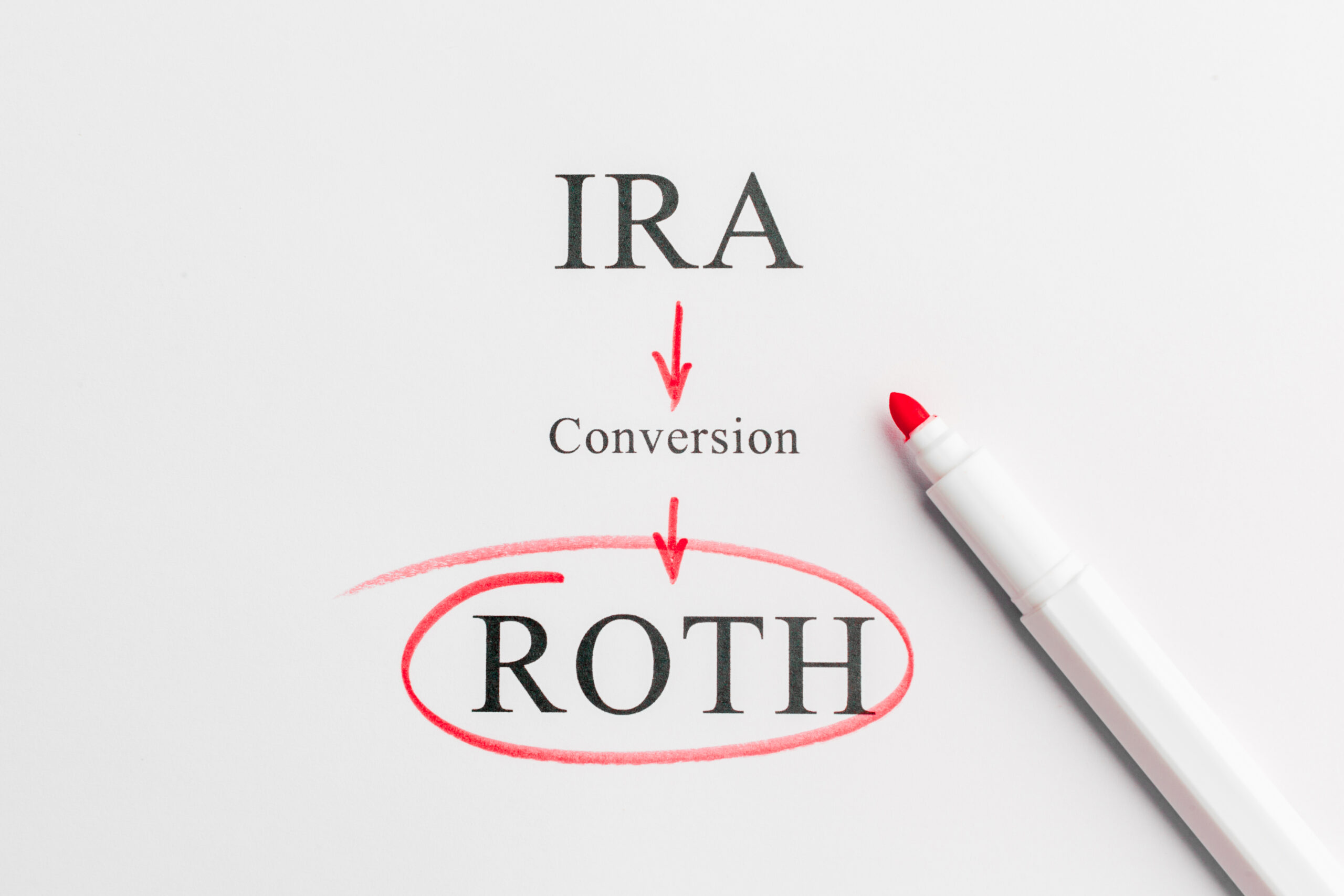As we approach the end of the year, you may be doing some strategic tax planning. Your strategy may involve charitable giving, tax-loss harvesting, accelerating retirement plan contributions, or even a Roth Conversion.
Why are Roth conversions such a popular choice for retirees? Simply put, they offer a great way to potentially reduce taxes on your retirement income.
What is a Roth Conversion?
A Roth conversion is when all or some of the funds in your traditional IRA are “rolled over” into a Roth IRA. Sounds simple, right? Why would you want to consider doing this? What are the pros and cons?
Before we dive into the merits of this strategy, it’s essential to understand some of the basics, like:
- How are traditional and Roth IRAs different?
- Why would I want to do a Roth conversion?
- How do I add a Roth conversion to my strategic tax plan?
Traditional IRA vs. Roth IRA: What are the Similarities and Differences?
Before diving into what makes Traditional IRAs and Roth IRAs different, it’s important to understand how they are the same.
The Similarities
Traditional IRAs and Roth IRAs are both retirement savings accounts for people with earned income. But unlike a regular savings account, you can no longer contribute to IRAs once you retire and stop earning income. As long as the money in your IRA stays in the account, it is not taxed. In other words, both offer tax-deferred growth on earnings within the account.
The Differences
(1) When the Funds are Taxed
Roth IRAs and traditional IRAs differ in a few ways, but the most significant difference is when taxes are assessed on your funds. Essentially, you either pay taxes on IRA contributions on the front-end (Roth) or on the back-end (traditional).
With a Roth IRA, you pay taxes on contributions before they go into the account. The earnings are tax-deferred, and you can take out qualified distributions tax-free. Once you pay taxes on the front end, you are done. Tax-free withdrawals are a major perk of Roth IRA accounts.
With a traditional IRA, you deposit money that has not yet been taxed or is said to be made pre-tax. This is awarded to you in the form of a deduction—arguably, one of the greatest perks of a traditional IRA. The money grows tax-deferred until you start taking it out. Then, it is taxed at your ordinary-income tax rate.
(2) Withdrawal Requirements
There are no Required Minimum Distributions (RMDs) and no withdrawal requirement with a Roth IRA during your lifetime. You could leave the funds invested until you die, at which point they would pass to your heirs. This can be a great estate planning tool for you if you do not need the income from the investments.
Traditional IRAs, however, require you to begin withdrawing funds from the account at age 72 with Required Minimum Distributions (RMDs). Each year thereafter, you must take these RMDs whether you need the income at that time or not. If you live on other resources and don’t need these RMDs, this can lead to unwanted taxes on the distribution. They increase your ordinary income taxes and force you to take money out of the market.
So, is it better to invest and receive income from a traditional IRA or a Roth?
The answer to this question will depend on your tax situation and can be answered by asking yourself the following questions:
What is the most tax-efficient way I can withdraw income in retirement?
Tax planning is wealth planning. The fewer tax dollars you have coming out of your retirement income, the longer your money will last. Creating some tax-free income can be an important part of your tax planning strategy.
Understanding a Roth Conversion Strategy
As we mentioned above, a Roth Conversion is the transfer, or “conversion,” of money or securities from a tax-deferred account into a Roth account. The conversion allows you to take advantage of the perks of the Roth account if you otherwise make too much money to open one.
A Roth Conversion strategy is the plan for when and how much income you will convert from your traditional IRA to your Roth. “Overconverting” funds could put you in a higher tax position than is necessary, and converting at the wrong time could leave opportunities on the table. Of course, this decision should not be made in isolation. It should always be a part of your comprehensive wealth, financial, and retirement plans.
There are several ways to work Roth conversions into your retirement plan, but some times in the year or market cycle are more advantageous than others. Since Roth conversions cannot be undone, you’ll want to ensure you’re doing the conversion as efficiently and effectively as possible.
When Is It Best to Perform a Roth Conversion?
While you may be tempted to convert early in the year to get the conversion over with, this isn’t often advised. Waiting until the end of the year is typically recommended. Why? Because you may not know your total overall income from various sources (such as mutual fund capital gains distributions) until later in the year. Again, you want to avoid over converting and pushing yourself into a higher tax bracket than is necessary.
However, significant drops in the market are also a good time to consider a conversion. The reason being that assets can be transferred at a lower value, thus lowering the tax you will pay on the conversion. Markets do tend to go up more often than they go down, so you’ll have to keep an eye on market trends to catch this opportunity.
Is the Cost of a Roth Conversion Worth the Tax-Free Retirement Income?
Because money put into a Roth is taxed upon contribution, conversion from a traditional IRA to a Roth IRA is taxable. This means that you will pay taxes on the converted funds in the year the conversion is made. How much you pay will depend on your ordinary income tax rate.
Your crucial concern then becomes whether or not converting will actually save you money in the long run. Will the benefit of tax-free withdrawals in retirement outweigh the liability you pay now? Answering this question with your advisor should be a cornerstone in arguing for or against a conversion.
- Will your tax liability be higher in retirement, or is it higher now?
- Will your income go up or down in retirement?
- How much of your retirement income will be taxable?
- Do you believe the tax rate will go up in the future?
Putting a Roth Conversion in Perspective
A Roth conversion can make financial sense for you if it significantly lowers your future retirement income tax liability or fills an estate planning need. Still, the perks of a Roth do not mean a conversion is suitable for everyone. As always, consult with your financial professional before making any major decisions that could affect your retirement income plan.






